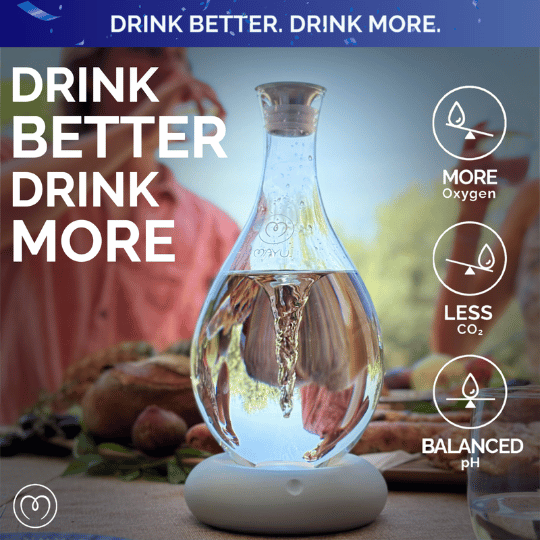Heart disease remains a leading cause of death worldwide. While a healthy diet, regular exercise, and stress management are crucial for heart health, certain supplements can also play a beneficial role.
Heart health is a top priority for many individuals aiming to lead balanced and vibrant lives. While maintaining a healthy diet and engaging in regular physical activity are crucial elements of cardiovascular care, supplements can also play a vital role. In particular, supplements for cardiovascular health offer targeted support that may enhance heart function and reduce risk factors for heart disease.
Here are the top 5 supplements to consider:
-
Omega-3 Fatty Acids:
- Benefits: Omega-3 fatty acids, particularly EPA and DHA, can help lower triglycerides, reduce blood pressure, and decrease the risk of irregular heartbeats. They also have anti-inflammatory properties.
- Sources: Fatty fish like salmon, mackerel, and herring are excellent sources. Supplements derived from fish oil or algae are also popular.
-
Coenzyme Q10 (CoQ10):
- Benefits: CoQ10 is an antioxidant that helps produce energy in cells, including heart cells. It may help improve heart function and reduce the risk of heart failure.
- Sources: While found naturally in some foods like meat and fish, Coenzyme Q10 supplements are often used to increase intake.
-
Vitamin D:
- Benefits: Vitamin D plays a role in heart health by regulating blood pressure and reducing inflammation. It may also help lower the risk of heart disease.
- Sources: Sunlight exposure is the primary source of vitamin D. However, supplements are often necessary, especially for those with limited sun exposure.
-
Magnesium:
- Benefits: Magnesium helps relax blood vessels, which can lower blood pressure. It may also reduce the risk of irregular heartbeats.
- Sources: Leafy green vegetables, nuts, and whole grains are good sources of magnesium. Supplements are also available.
-
Garlic:
- Benefits: Garlic contains compounds that can help lower blood pressure and cholesterol levels. It also has anti-inflammatory properties.
- Sources: Fresh garlic is the best source. Garlic supplements are also available in various forms, including capsules, tablets, and extracts.
Important Considerations:
- Consult Your Doctor: Before starting any new supplement, consult with your healthcare provider, especially if you have underlying health conditions or 1 are taking medications





